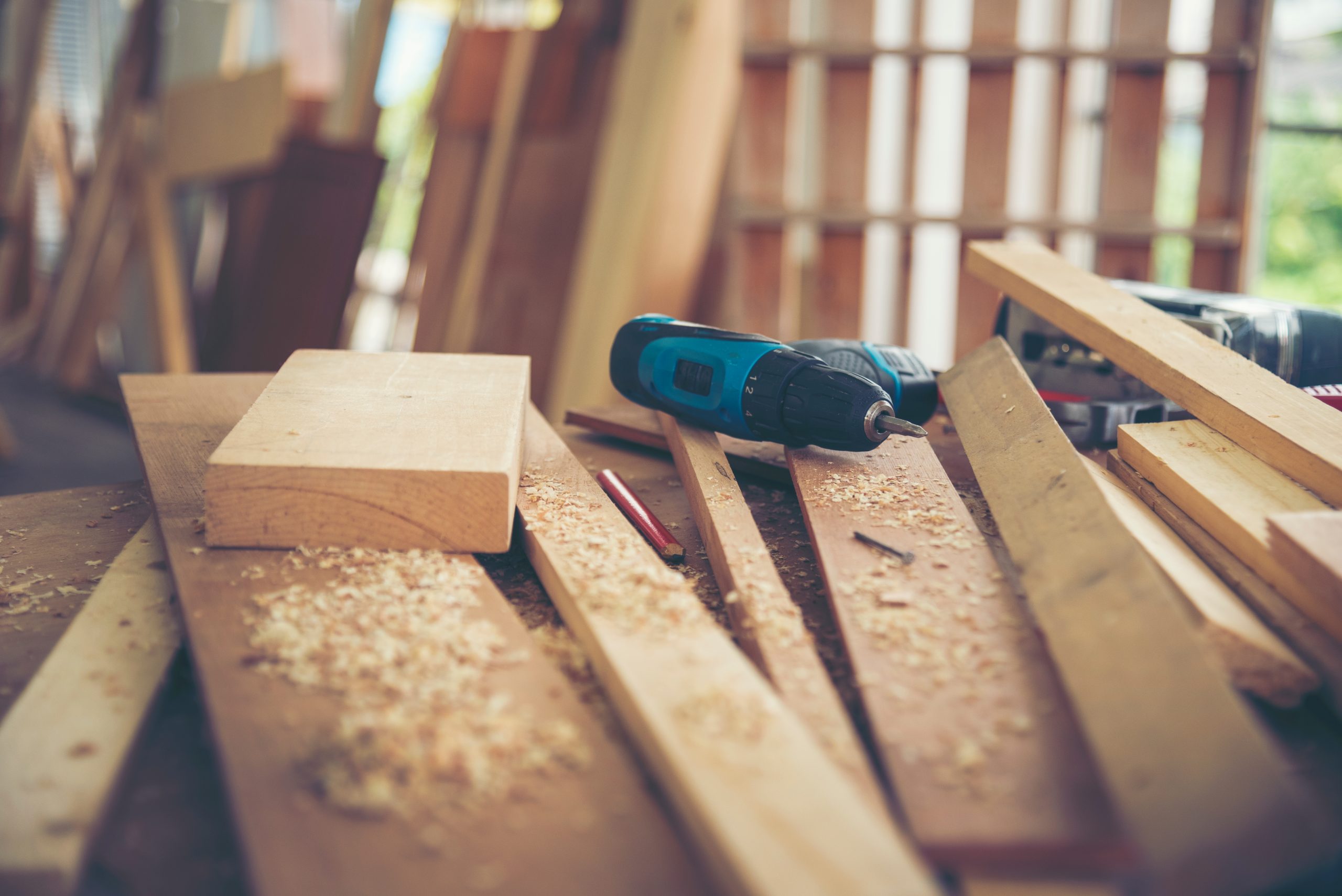If you have a passion for DIY projects, woodworking, crafting, or other hands-on hobbies, having a dedicated home workshop can make a world of difference. A well-organized workshop gives you the space to be creative, stay focused, and keep all your tools and materials in one place. Whether you’re a seasoned DIY enthusiast or just getting started, setting up a home workshop doesn’t have to be overwhelming. Here are some practical tips and insights to help you create the perfect workshop for your hobbies.
1. Choose the Right Space
The first step to creating a home workshop is finding the right location. Ideally, this should be an area where you have enough room to spread out your tools and materials without clutter. A garage, basement, or spare room can serve as the perfect space for your workshop. If you don’t have a large area available, a corner of a room or even an outdoor shed can work just as well.
When choosing the space, consider ventilation, lighting, and access to power outlets. Good ventilation is crucial for projects involving paint, glue, or other chemicals. Proper lighting—both natural and artificial—is essential for detailed work. Finally, having multiple power outlets nearby will make it easier to plug in tools without the need for messy extension cords.
Tip: If you’re working with limited space, think vertically. Install shelves or pegboards to store tools and materials, freeing up valuable floor space for your projects.
2. Plan Your Layout
Once you’ve chosen the space, it’s time to plan your workshop layout. Consider the flow of your work. For example, if woodworking is your hobby, you’ll want areas for cutting, sanding, and assembling materials. If you enjoy crafting, set up different zones for painting, gluing, or sewing.
Investing in a sturdy workbench should be your priority. This is where most of your projects will take place, so make sure it’s durable and large enough for your needs. If you don’t have space for a large, permanent bench, consider a foldable workbench that you can set up when needed.
Tip: Organize your tools by how often you use them. Keep frequently used tools like screwdrivers or wrenches easily accessible, while less frequently used items can be stored on higher shelves or in drawers.
3. Stock Up on Essential Tools
Every workshop needs a core set of tools that match the hobbies you plan to pursue. If woodworking is your passion, make sure to have basics like a saw, clamps, measuring tools, and sanders. For crafting, you’ll need supplies like scissors, glue guns, paints, and brushes.
It’s also worth investing in storage solutions for your tools. Consider tool chests, wall-mounted pegboards, or magnetic strips to keep everything organized and within easy reach. A clean, organized workspace will make your projects more efficient and enjoyable.
Tip: If you’re just starting, don’t feel like you need to buy every tool right away. Begin with the essentials and slowly build your collection as you take on more complex projects.
4. Create a Safe and Functional Space
Safety is paramount in any workshop. Ensure you have proper safety equipment like goggles, gloves, and masks to protect yourself during projects. If you’re working with power tools, invest in hearing protection as well.
Additionally, consider proper lighting as a safety measure. Having enough light to see what you’re doing is crucial for both accuracy and avoiding accidents. Overhead lights are great for general visibility, while task lighting (such as lamps or under-cabinet lighting) can provide focused light on your workbench.
Tip: If your workshop involves heavy equipment or power tools, make sure you know how to use them safely and follow all safety guidelines. Keep a first aid kit nearby in case of any accidents.
5. Stay Organized with Storage Solutions
Keeping your workshop organized is key to staying productive and reducing frustration. Use drawers, bins, shelves, and pegboards to store small items like screws, nails, or crafting supplies. Labeling your storage containers will help you quickly find what you need, saving time during your projects.
For larger tools, wall-mounted racks or cabinets can keep things tidy and accessible. If you have many materials like wood, fabric, or paint, invest in clear storage bins so you can easily see what’s inside.
Tip: Use a magnetic strip for metal tools like screwdrivers or wrenches, allowing you to grab what you need quickly without digging through drawers.
6. Make It Inspiring and Personalized
Your workshop should be a place where you feel inspired and excited to work on your projects. Adding personal touches can make the space feel more inviting. Consider hanging inspirational quotes, pictures, or completed projects on the walls. Keep your favorite music or podcast on hand to play while you work, helping you stay motivated.
You can also customize the space based on your preferences—whether it’s adding a cozy chair for brainstorming or painting the walls in colors that energize you.
Tip: Make it a habit to clean up after each project. A clutter-free space not only improves productivity but also keeps the workshop a place where you want to spend time.
